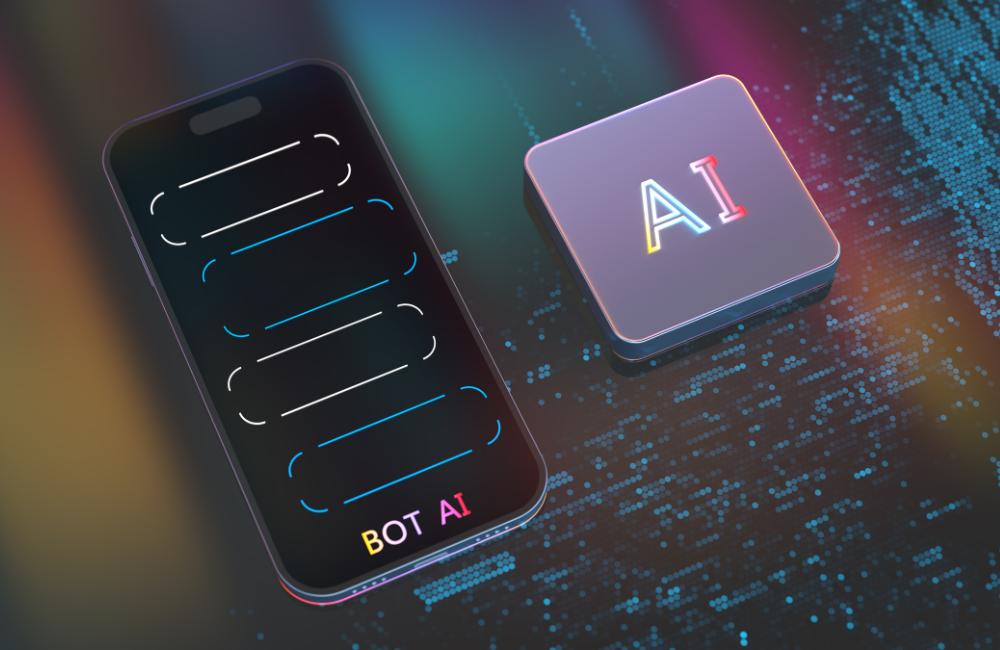The ever-evolving landscape of technology stands as a testament to the swift advancements reshaping our world. Reflect upon the era when receiving a letter required weeks through conventional mail, a process now replaced by the instantaneous delivery of emails.

Today, even the most modest vendors and small business proprietors can harness cutting-edge technology via UPI (Unified Payments Interface). In the dynamic business sphere of today, adapting to these technological shifts is imperative for maintaining competitiveness.
To remain at the forefront of innovation, it is crucial to anticipate what lies ahead. In this article, we unveil the Top 10 Technology Trends of 2023. By pursuing PMP certification training, you can align your skills with the latest project management professional certification exam content outline.
Top 10 Technology Trends in 2023
As the world continues its digital transformation, the demand for tech-savvy professionals continues to surge. For IT professionals seeking a rewarding career, staying updated on these tech trends is essential, as businesses evolve in tandem with technology.
Most jobs within the IT sector now demand relevant tech skills, making it crucial for job seekers and career changers to be well-versed in these emerging technologies. Here, we present some of the latest technology breakthroughs worth keeping an eye on.
1. Full Stack Development
Full-stack development is a burgeoning technology trend in the software industry, especially as the Internet of Things (IoT) gains momentum. It encompasses both the front-end and back-end development of websites and applications.
In the quest for more comprehensive and user-friendly applications, a solid grasp of web development and server-side programming is essential. Those skilled in website development will find a steady market for their services. To embark on a career in web development, consider exploring the numerous online Web Development courses available.
2. Cybersecurity
In an increasingly digital world, the importance of cybersecurity cannot be overstated. Both businesses and individuals must fortify themselves against the ever-growing threat of cyberattacks. Cybersecurity specialists play a pivotal role in mitigating these risks when software and other assets fall prey to malicious hackers.
With critical data now often stored in the cloud, implementing robust security measures is more crucial than ever. Consequently, businesses are investing heavily in cybersecurity solutions. If you are inclined towards investigation and problem-solving, a career in cybersecurity may be your calling. Discover more about this field through our Cyber Security course.
3. Blockchain
 Blockchain technology promises significant disruptions across various industries. This distributed ledger technology ensures secure and transparent transactions without the need for centralized authority. Businesses are exploring ways to leverage blockchain to streamline their operations.
Blockchain technology promises significant disruptions across various industries. This distributed ledger technology ensures secure and transparent transactions without the need for centralized authority. Businesses are exploring ways to leverage blockchain to streamline their operations.
While blockchain has garnered considerable attention in recent years, it remains in its early stages. Nevertheless, its potential to transform numerous industries is substantial. It is making notable headway in sectors such as banking, finance, healthcare, and supply chain management.
In the near future, we can expect to see widespread adoption and extensive use of blockchain technology. Stay ahead of the curve by familiarizing yourself with its intricacies.
4. Edge Computing
Edge computing is a cutting-edge technology within the software industry. It involves performing computations at the network’s edge, closer to the data sources. The increasing demand for more reliable and faster data processing is driving this trend. However, it’s worth noting that many businesses still rely on cloud computing for their applications.
For those interested in staying current with this technology, numerous Cloud Computing courses are available to help you catch up with the pace.

5. Internet of Behaviors (IoB)
The Internet of Behaviors is an innovative technological concept that leverages data acquired from internet-connected devices to analyze, track, and predict human behavior. As more devices become connected to the internet, this field is rapidly evolving and is poised to have a significant impact, particularly in the realms of marketing and advertising.
The Internet of Things (IoT) plays a pivotal role in this arena. It constitutes a network of physical devices interconnected via the internet, facilitating communication between these devices. In the near future, we can anticipate an even greater proliferation of IoT devices, ranging from household appliances to automobiles.
6. Predictive Analytics and Data Science
Predictive analytics involves making predictions about future events, with applications in areas such as marketing, risk management, and operations. Another burgeoning field with tremendous potential is data science, one of the most sought-after skill sets in today’s job market. As companies increasingly prioritize data-driven decision-making, expertise in data science is becoming increasingly essential. Consider enrolling in a Data Science Bootcamp to acquire the skills necessary for a successful career in this field.

7. Snowflake
Snowflake is a cloud-based data warehousing solution gaining popularity among businesses. It enables scalable and cost-effective storage and analysis of data, particularly appealing to enterprises working with extensive datasets.
8. DevOps
DevOps stands out as a prominent technology trend, offering numerous opportunities for those interested in pursuing a career in this field. A variety of online DevOps courses are available to help individuals stay updated on the latest DevOps trends and technologies.
DevOps involves techniques aimed at automating and enhancing the software development process. It has gained traction as a means for businesses to:
- Shorten software delivery cycles
- Enhance overall quality
One of its primary objectives is to promote collaboration between development and operations teams, facilitating the smoother delivery of software updates and new features while reducing errors and improving software quality.
9. Robotics
Robotics is at the forefront of technology, driving innovations across various sectors. This field encompasses the design, construction, and operation of robots, and it is experiencing rapid growth.
Advanced robots are being deployed in areas such as manufacturing, healthcare, and even in homes, with applications ranging from automation to personal assistance. Those interested in robotics can explore Automation Anywhere training to gain insights into this exciting field.
10. AI as a Service
“AI as a Service” refers to cloud-based services that offer artificial intelligence capabilities. Numerous AI service providers offer solutions across multiple domains, allowing businesses to embrace digital growth. This approach enables companies to access advanced AI capabilities without the need for substantial investments in hardware and software.

The realm of Artificial Intelligence is continually expanding, with 2023 poised to witness remarkable advancements in machine learning, natural language processing, and image recognition. Expect to see an influx of AI-powered devices and applications that simplify our lives and enhance business operations.
Conclusion
The world of technology is ever-evolving, and as we enter a new year, the anticipation of emerging technology trends is always exciting. The year 2023 promises significant innovation, with a myriad of new products and services on the horizon.
For those who remain ahead of the curve and stay attuned to current trends, the technology sector offers a plethora of opportunities. It’s essential to recognize that technology is in a perpetual state of flux. What was once considered cutting-edge can swiftly become commonplace. Over time, new technological advancements will undoubtedly emerge.
The top 10 technology trends outlined for 2023 are poised to offer promising employment prospects. The key is to seize these opportunities and embrace the possibilities. Additionally, staying informed about cybersecurity trends that shape the IT industry can be invaluable in today’s digital landscape.
